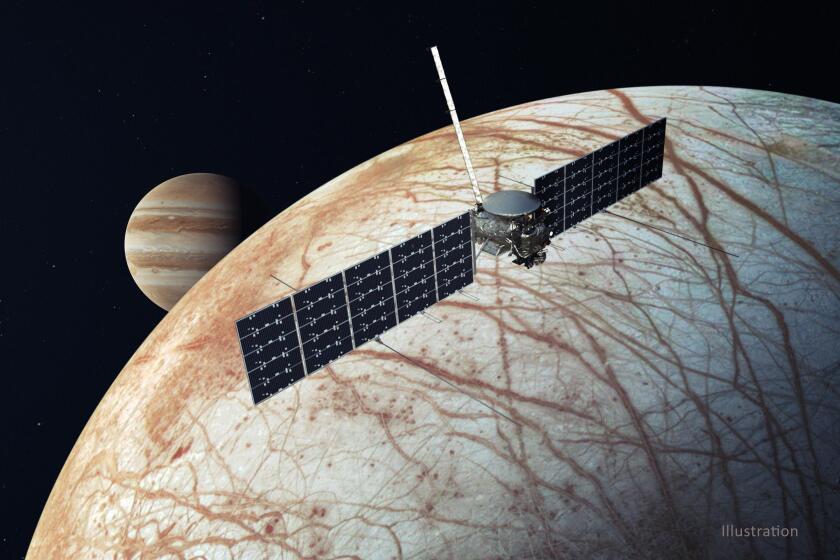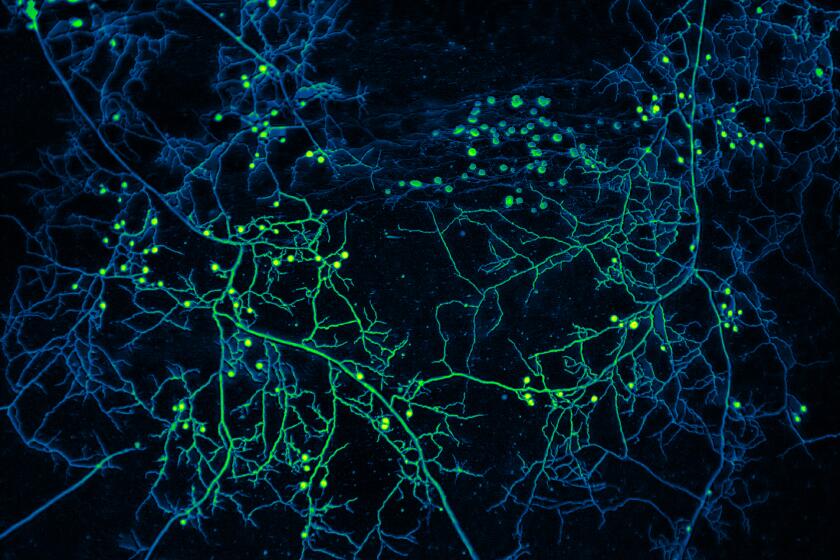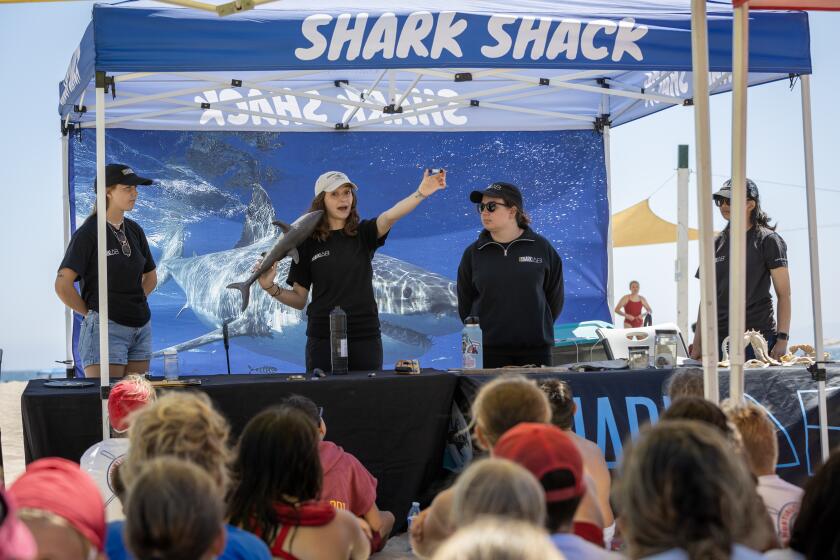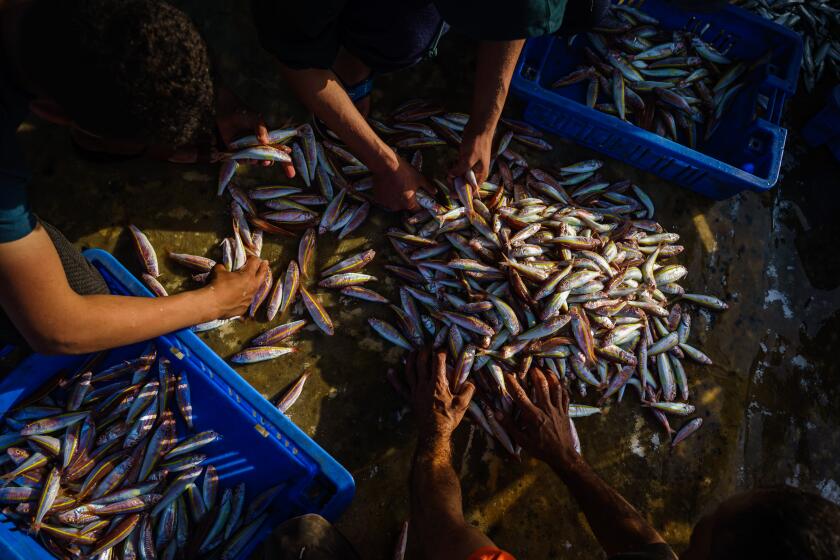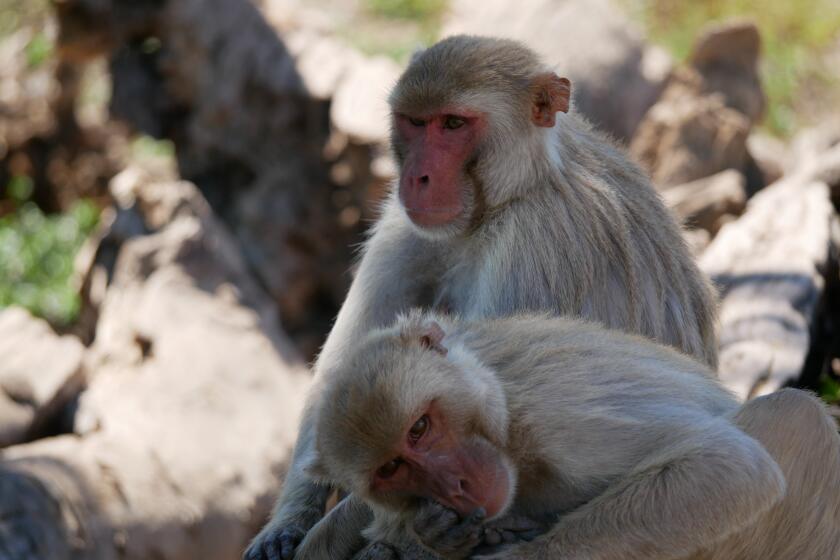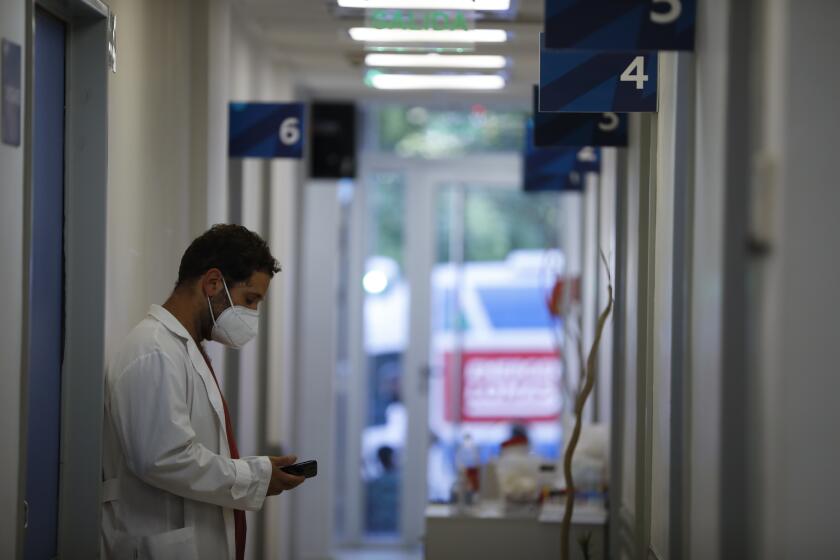Gina Errico worked with the Los Angeles Times as an AAAS mass media fellow in 2023. She completed her master’s degree in plant biology, which included the study of tree seedling survival in the tropical forests of Costa Rica. As a science communicator, Errico has spent the last several years working with communities and environmental non-profits to disseminate scientific findings to non-scientists through social media, news articles and public outreach. Outside of work, you can find her hiking through forests, painting, reading a good book or playing with her rabbit.
Latest From This Author
Searching for the ingredients for life on Europa will be a challenge for NASA’s Europa Clipper spacecraft. Surviving the high radiation of the icy moon will be even harder.
The people who designed rovers to explore Mars are developing a slithering robot to search for signs of life in watery environments, such as the moon Enceladus.
Mycorrhizal fungi are great at drawing greenhouse gases underground. Now scientists are discovering how much of a role they play in reducing the amount of carbon dioxide in the atmosphere.
Shark populations are rising off Southern California beaches, but swimmers need not be alarmed. Cal State Long Beach’s Shark Shack is working to give the predators an image makeover.
Humans exploit nearly 15,000 other vertebrate species, and 13% of them are either vulnerable, endangered or critically endangered. No other animal has such an outsized impact on other species.
In a large population of rhesus macaques, same-sex sexual behavior was not only common but was associated with stronger social ties and having more offspring, according to a long-term study.
A new survey finds that online harassment of doctors and biomedical researchers became more rampant and more threatening during the COVID-19 pandemic.
A study that pitted time-restricted eating against a caloric restriction diet found they were equally effective at helping obese people lose weight.

